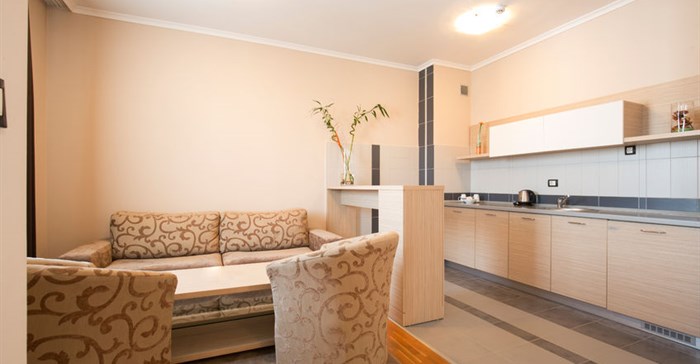
Nicholas Barenblatt, group marketing manager of Protea Hotels by Marriott, has some advice on how to lessen the stress. The hotels often deal with guests in this position who use the long-stay accommodation facilities.
If you don’t know the city you’re moving to, research as much as you can about it before you leave. It’s a good idea to list the most important things you’ll need to know immediately when you get there: things like the place to stay in when you arrive and its proximity to your new job, schools for children, transport options, hospitals and doctors, etc.
It’s useful to talk to local residents for their on-the-ground advice, so find out if there’s someone at your new office who’d be useful to chat to – a person with a similar demographic profile to your own (e.g. if you’re married with young children, it would be valuable to discuss the sorts of issues that are relevant to you with someone in the same position). You can also talk to other people via sites that put you in touch with locals – use sites like Like a Local and Ask SA.
Don’t sign up for accommodation on a long-term basis before you arrive. It’s really important to have a flexible arrangement so you can change things if necessary. For instance, you may discover that the home you’ve rented turns out to be next to a bus station and sleep eludes you, or that the traffic on the route from the accommodation to work is a nightmare. In these cases, you may want to find somewhere else to stay, so being able to change your arrangements easily is key.
Use your free time in the new city to explore, to learn as much as possible about the place. Visit different suburbs, try out various roads and identify spots that could serve as markers to look out for when you travel in the area in the future. Getting out is also important so that you don’t feel locked in if your accommodation is fairly small.
Look at various options for accommodation for the period between your arrival and the time you settle into something for the longer-term. Bear in mind things like:
• How many people will be staying in the temporary accommodation. If more than one, be sure to have enough space so you don’t end up suffering the effects of ‘cabin fever’.
• Whether you’re going to cook for yourself or eat out all the time. There are options for temporary accommodation that include fully kitted kitchens.
• If you’ll be moving with the whole family, access to a washing machine and dryer could be very helpful. Here’s where you need to check out the facilities included in the accommodation you select.
• Find out about parking at your accommodation so that, if you’ll have a car with you when you arrive, you can be comfortable about its safety and how near you can park it to where you’ll be staying.
Make sure that you don’t end up causing yourself additional stress when making a move like this. Do your homework well in advance, and be flexible once you get to your destination.